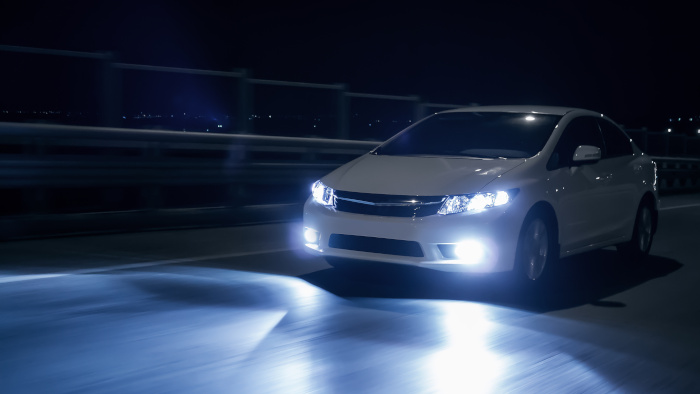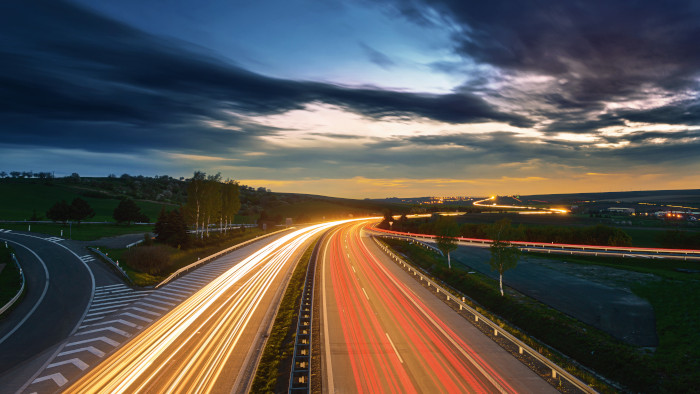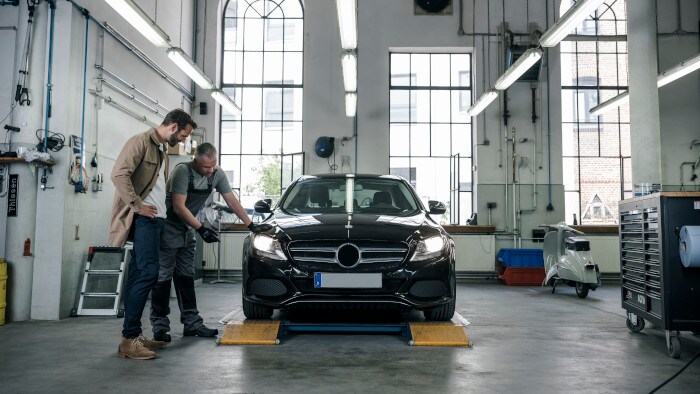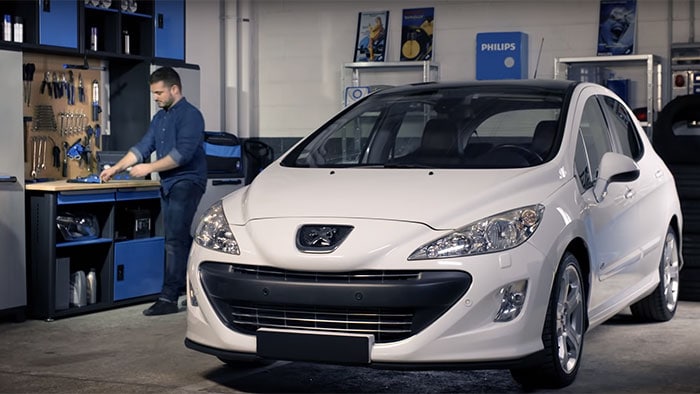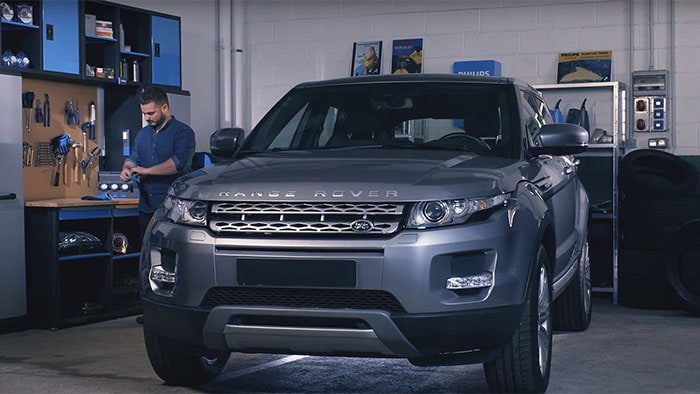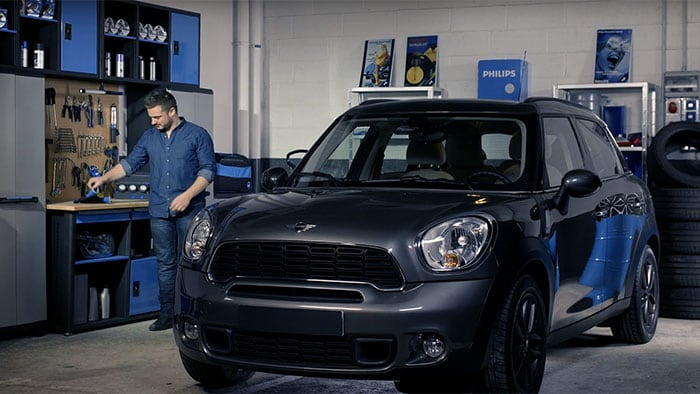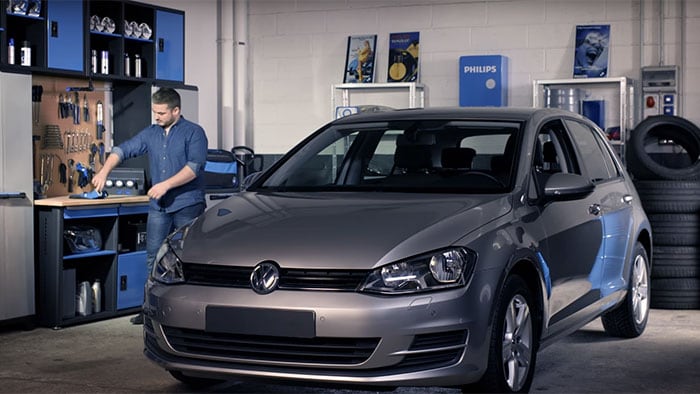Endurance, performance and reliability at the 2019 Dakar
“We have the same core training program as all athletes - cycling, running, swimming, body-building - which we tailor to the physical demands placed on us. On the Dakar, the days are long and action-packed. We get up at 3am and then drive two hours to reach the start of the “Special”. The Special lasts 4 to 5 hours under a blazing sun. It’s very hot and very hard physically. It's hard mentally, too. The Dakar lasts 10 days, during which we cover between 500 and 600 kilometers. That's why it's also one of the toughest races in the world. You have to keep pushing right to the end, because it’s often the last few days that decide the winners and losers. I also major on navigation when I’m competing, it's what I’m good at. I spend weeks practicing my navigation skills, it's like my own personal crusade. In Peru, it was sometimes easy to get lost in the great expanses of desert, or just taking the wrong valley could cost you valuable time. Navigation is quite complex. It’s great when there are tracks. But when there aren’t any, you have to follow a course shown in the road book, in hostile environments where you can’t ride in a straight line. That makes it very hard, finding the check points. And while you’re navigating, you still have to go fast! Just crossing the finish line is a victory in itself. What really counts in this rally is the punishment bike and components can take without breaking. Changing an engine means a 15-minute penalty; two changes cost you an hour. So the technology must also be increasingly rugged, durable and effective. Three mechanics accompany the full team: an engineer for the bike’s electronic systems that control things like fuel mixture at different altitudes and temperatures, an engine manager, and a suspension specialist. Each rider has his own dedicated mechanic to handle daily maintenance. We used workshop lamps a lot. Firstly because we can arrive late at night after the stages. Secondly, the mechanics sometimes have to work all night on a bike. Philips professional workshop lamps are remarkable: they’re very powerful, easy to handle, especially the frontal ones we often use, and their white color temperature lets us see what we’re doing. Often we do what we call a “liaison” for some hours in the dark, which means setting out from where we’ve camped overnight to reach the start of the stage. In these situations, lighting is essential. The roads are often small with stray animals and multiple obstacles. Both you and the bike must reach the start line of the Special safe and sound. We equipped the large technical assistance trucks with Philips MasterDuty, 24V front headlight bulbs with high vibration resistance and improved lifetime. In South America, the trucks can cover a lot of kilometers, sometimes on the rally course itself. Winning a stage is fantastic. Strategically though, it’s not always be the best way to win the race. When you win a stage, you start the next one in first place, which means that you’re the one who has to blaze a trail and open up the route. Of course, that makes things easier for the competitors behind you, while you yourself can lose a lot of time in the ranking. What we call the “fesh-fesh” is really tough, too. It's a very fine dust into which the bike sinks. You don’t know what’s underneath, like stones to puncture your tire or make you fall. The stage I won, number 3, was my biggest moment so far on the Dakar. That was my first official stage win!” About Lumileds For automotive, mobile, IoT and illumination companies who require innovative lighting solutions, Lumileds is a global leader employing more than 9,000 team members operating in over 65 countries. Lumileds partners with its customers to push the boundaries of light. To learn more about our portfolio of lighting solutions, visit lumileds.com.
Xavier de Soultrait, rally motorbike-rider sponsored by Philips automotive lighting products, talked to us about what it takes to compete in the legendary Dakar rally raid.
Training hard for one of the toughest rally-raid in the world
Brilliant mechanic and team
Winning a stage
Navigation or how not to get lost in the desert
I major on navigation when I’m competing, it's what I’m good at. I spend weeks practicing my navigation skills, it's like my own personal crusade. I do a lot of navigation in the deserts of Morocco or South America. The goal is to get a feel for just about every location, and if the next Dakar happens to take place somewhere I’ve already trained, so much the better! Knowing how to navigate is part of the whole race strategy on the Dakar.
In Peru, it was sometimes easy to get lost in the great expanses of desert, or just taking the wrong valley could cost you valuable time. Navigation is quite complex. It’s great when there are tracks. But when there aren’t any, you have to follow a course shown in the road book, in hostile environments where you can’t ride in a straight line. That makes it very hard, finding the check points. And while you’re navigating, you still have to go fast!
Every night, you have to work on your road book; it takes me between 4 and 5 hours. As soon as you receive the road map, it’s converted into a GPS heading. From there, you’ve got to work carefully to prepare for the next stage. For example, knowing the soil type and consistency allows you to choose your tires. The more information you have, the better you perform on the course. I often do reconnaissance on the ground.
Supplies on the road
When it comes to supplies, we have 3 liters of water and 3 liters of liquid meals on us, in addition to 3 liters of water on the bike, in case of emergencies. Liquid meals consist of powder that we mix with water, like sailors carry on their racing yachts. I also take nutrition bars in my pockets. Every 200 kilometers there’s a refueling point; we use up to 12 to 13 liters of fuel per 100 kilometers on soft ground (we have about 30 liters of fuel on the bike, and we must be able to drive 200 km). Personally, I drink 6 to 7 liters of water a day.
A true passion
My parents and grandparents rode motorbikes. My dad competed in some regional races. So we had a bike at home. Step by step, my two brothers and I got into it too. That’s how it turned into a passion: my only thought was riding motorcycles and racing. I did odd jobs during the holidays and weekends to pay for my bike, equipment and race fees. I ended up riding in the French championship, then the European championship, and then the Enduro. Finally, the Dakar Rally. After my 2nd race, Yamaha spotted me and I joined the official team.
I've been dreaming of the Dakar since I was young, from when I watched it on television. I never imagined doing it one day. And here I am, alongside the best riders in the world, and I even won a stage!
Understand and manage the danger
On the Dakar, we go really fast. We all know the Dakar isn’t a walk in the park and that accidents can happen very quickly. Last year after a fall, I broke my elbow into 6 pieces. In the heat of the moment, I didn’t really realize that I’d broken something. But after 15 kilometers, I had to face facts and abandon the rally.
It’s about winning, but not at any price. You’re far from advanced medical help, and when you have an accident, you’re in the middle of nowhere: they have to come and pick you up first, then get you taken care of medically. That can take some time. So you need to go fast to win the race, but you have to know how to protect yourself and avoid serious accidents.
Without a fixed point to focus on in the dunes, some riders, like me, can suffer from dune sickness. It's really difficult. You have to know yourself very well and learn how to manage it. Vestibular therapy helps me keep my sense of balance in the dunes.
To find out more: www.philips.com/xavier
As a leading lighting solutions company for the automotive industry, Lumileds is licensed to use the Philips brand for its automotive lighting and accessories product portfolio. For over 100 years, Philips-branded lighting solutions have been at the forefront of automotive lighting technology. Unrivalled design innovation and rigorous production standards ensure that when you buy Philips, you buy quality.
You might also be interested in:
-
![Lighting and Signaling]()
Lighting and Signaling
Click here to learn more -
![Bright connections]()
Bright connections
Click here to learn more -
Good bulbs, bad bulbs
Click here to learn more -
![Change bulbs in pairs]()
Change bulbs in pairs
Click here to learn more
Find the right bulb for your car
Guide to finding the right bulb
Discover more
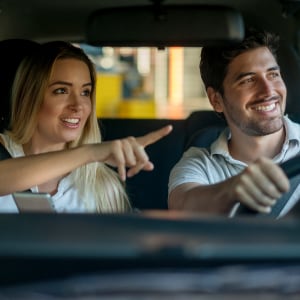
Where to buy
Purchase Philips Automotive products online or at a store near you
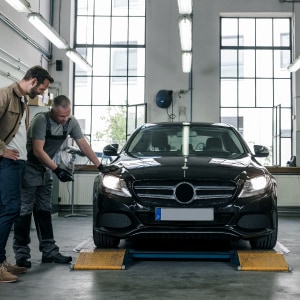
Automotive Support
Do you need a replacement Philips headlights for your car?
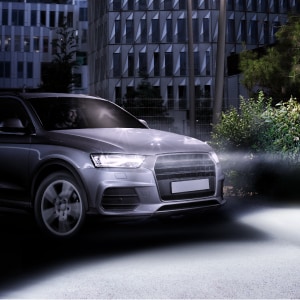
Philips product authenticity
Philips highest priority to provide maximum satisfaction for customers who buy genuine Philips products
How to replace your headlights?
How to replace headlight bulbs on your Peugeot 308
How to replace headlight bulbs on your Range Rover Evoque
How to replace Mini Cooper Countryman headlight bulbs
How to replace headlight bulbs on your Volkswagen Golf VII
